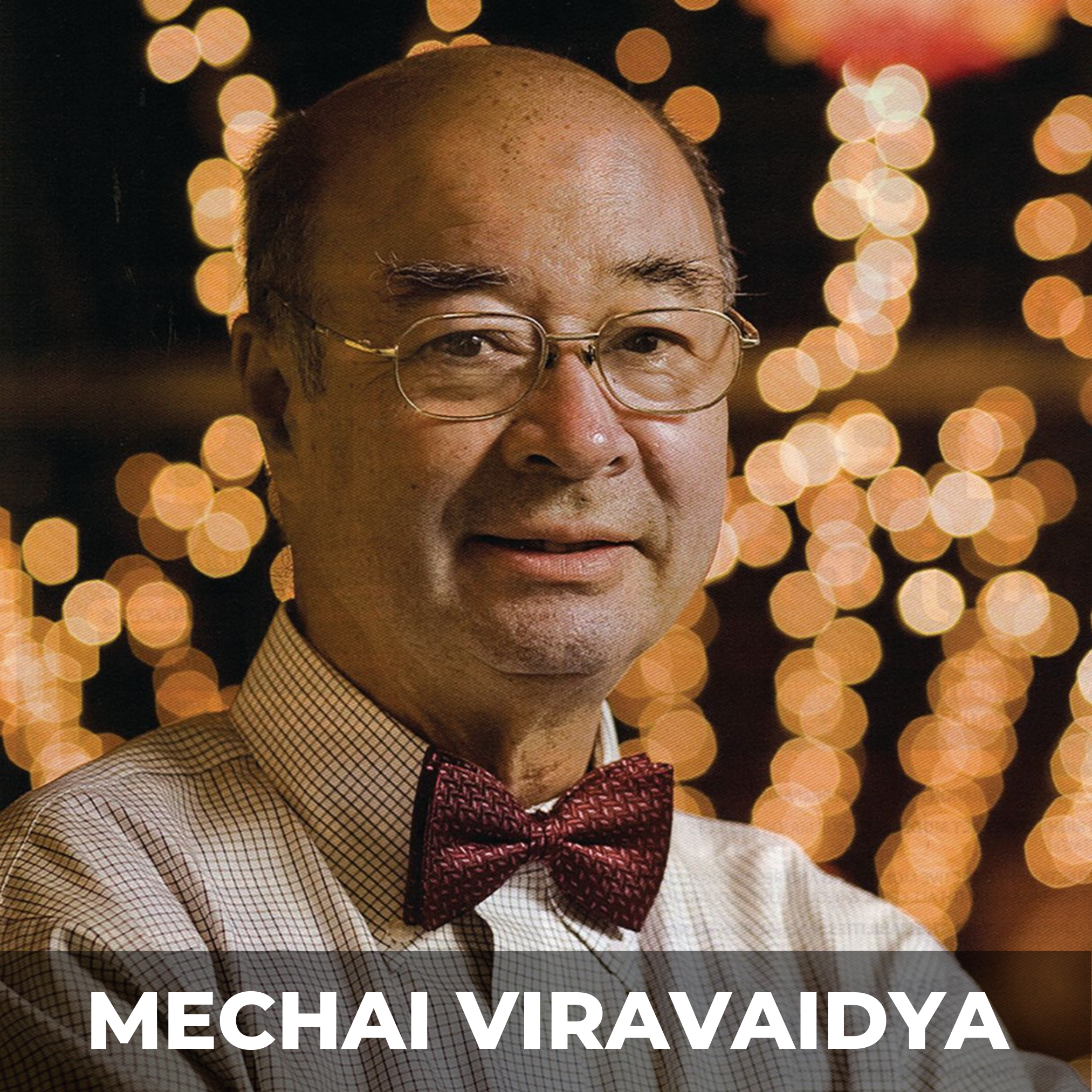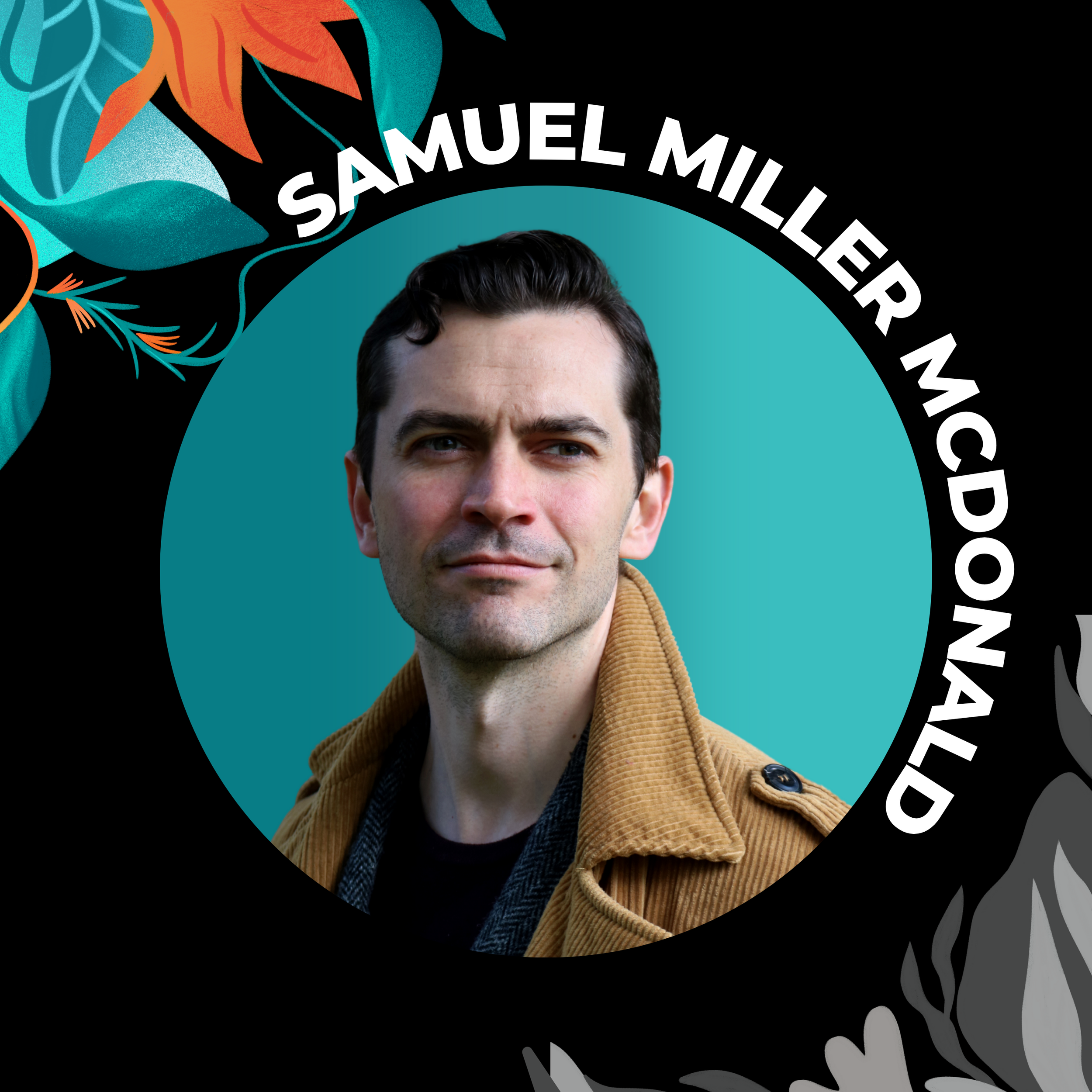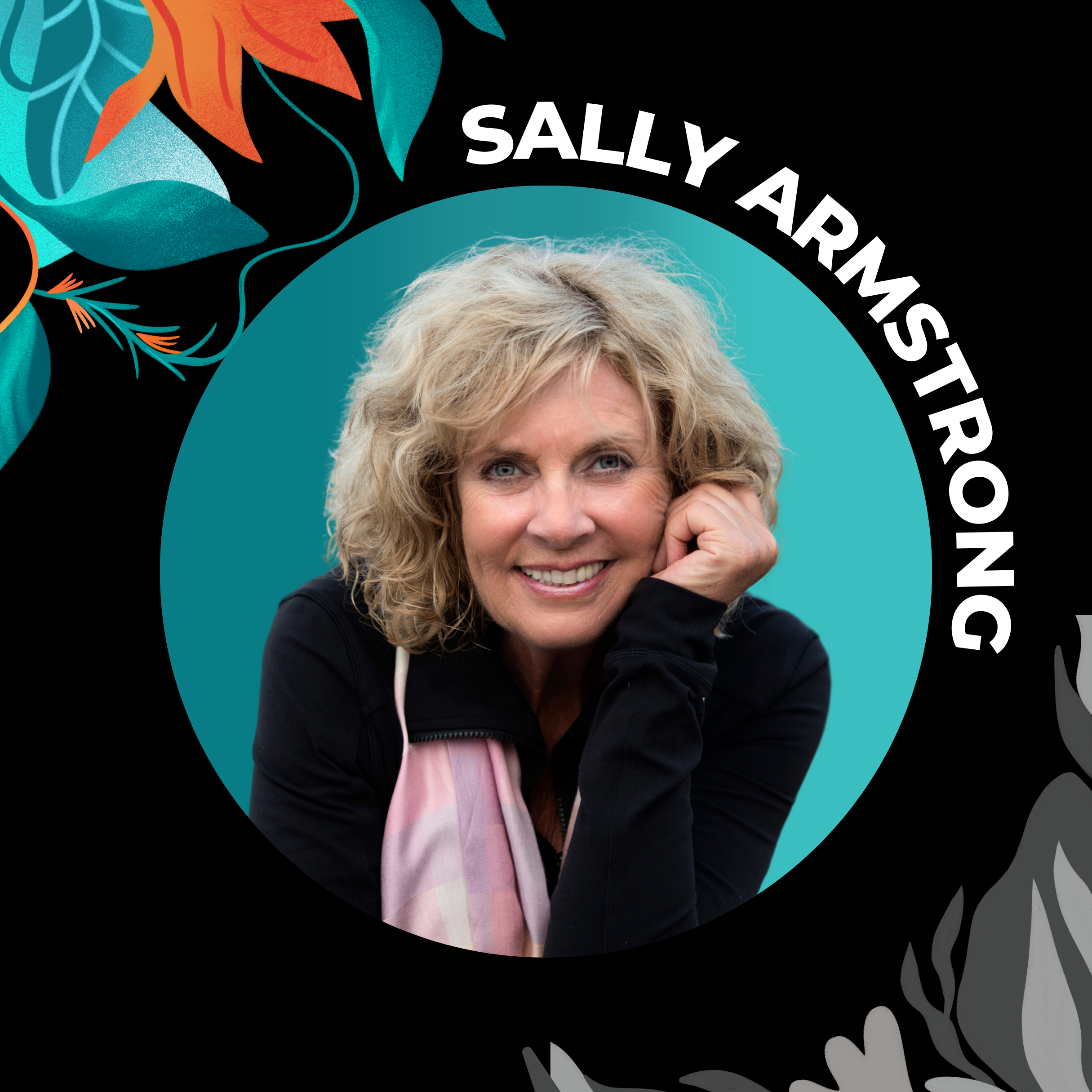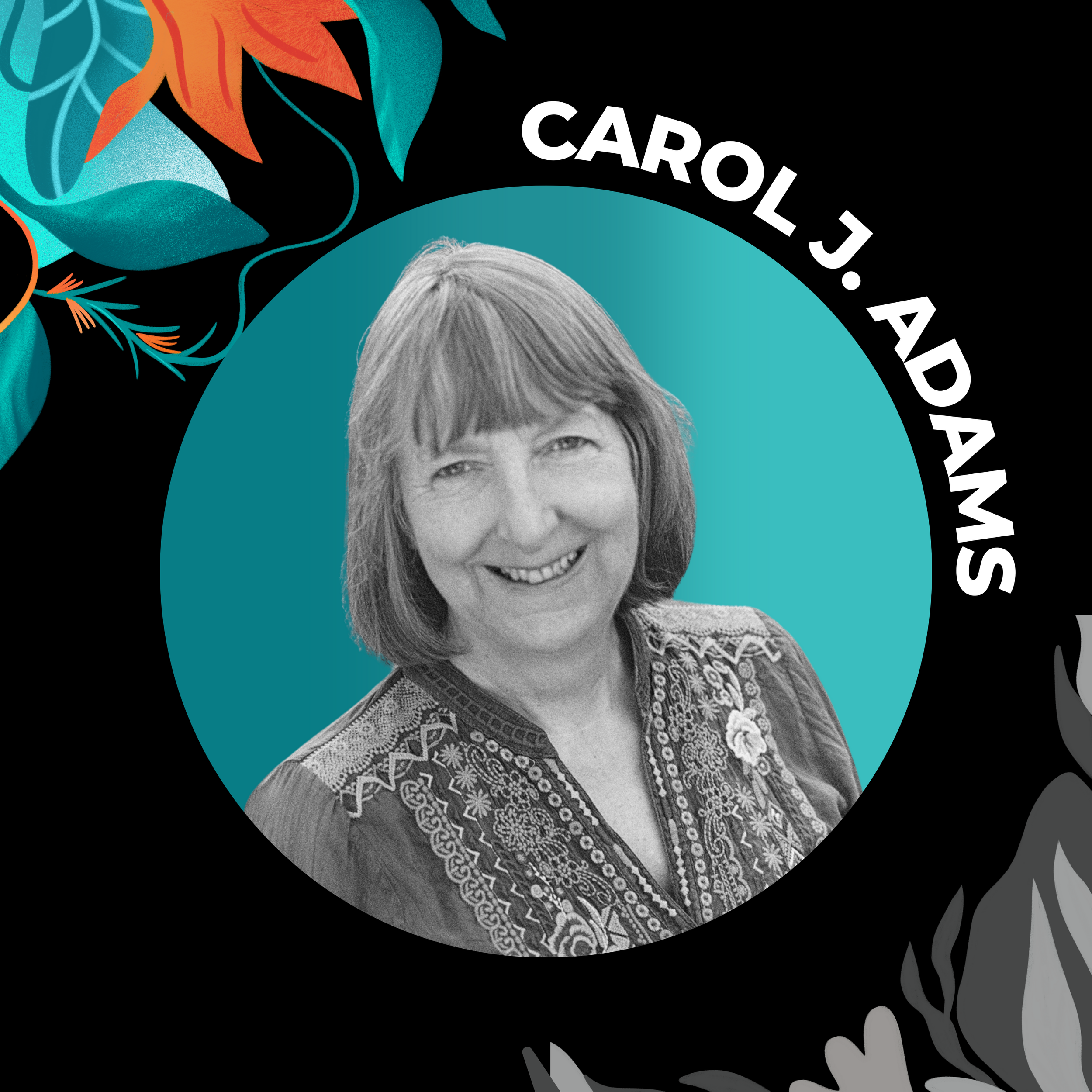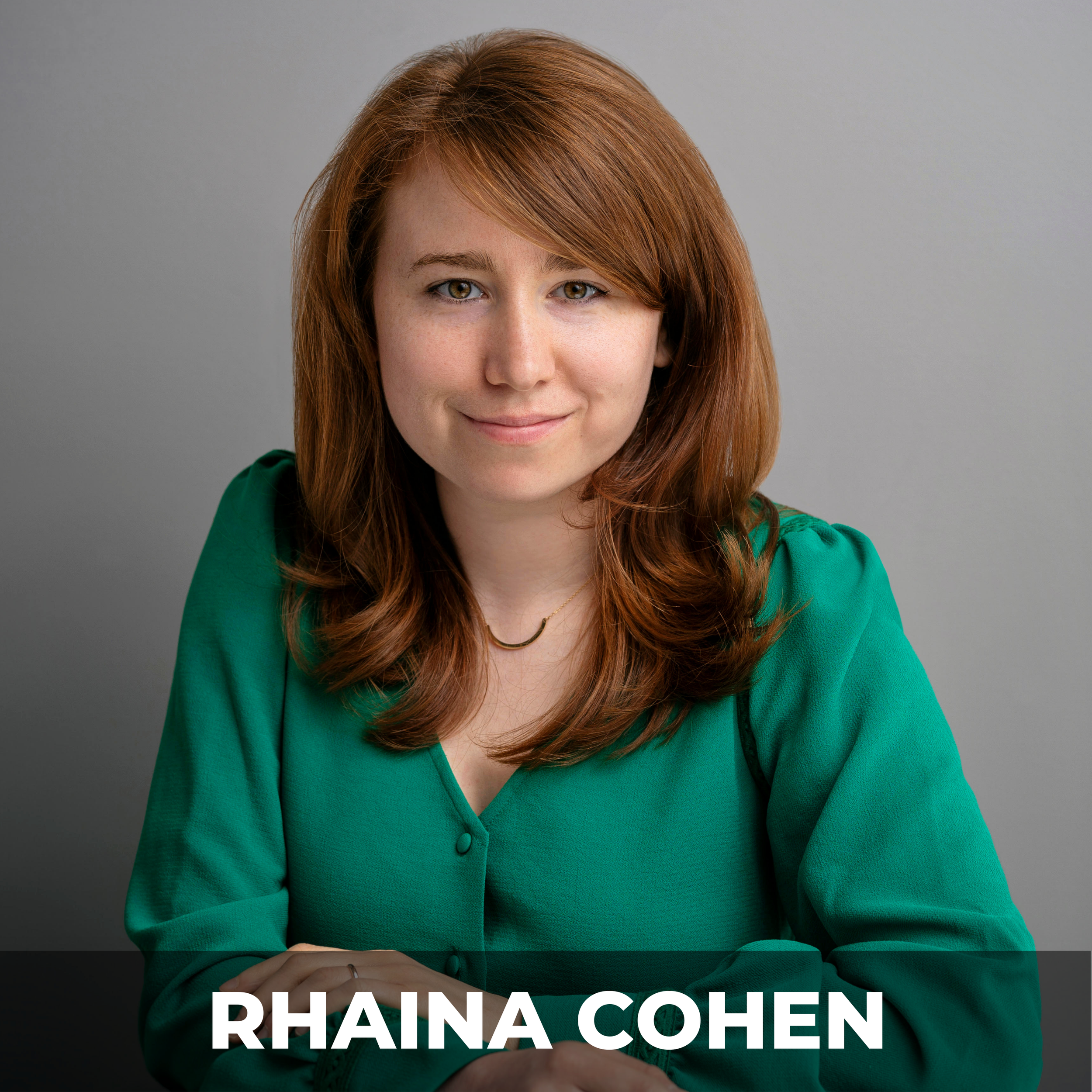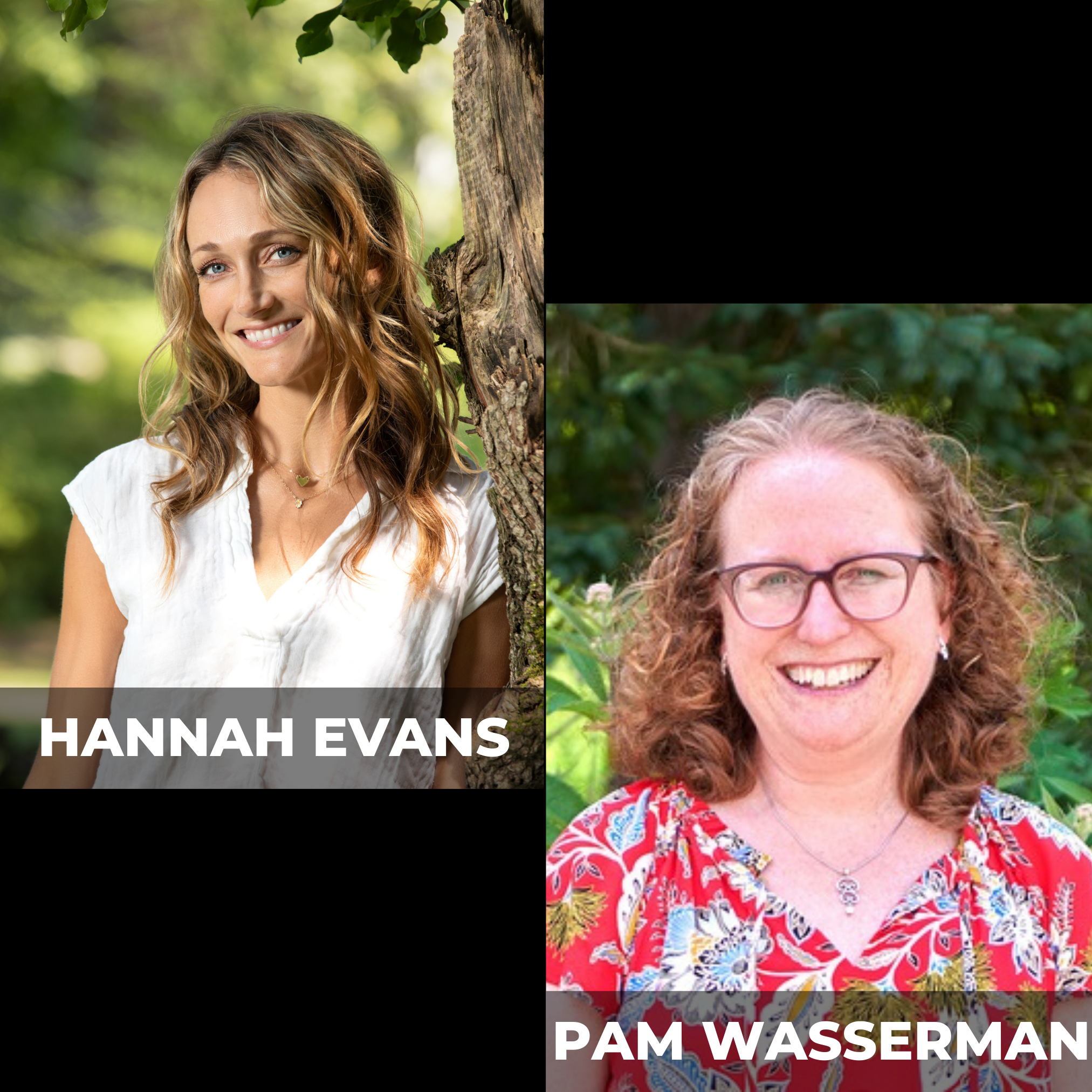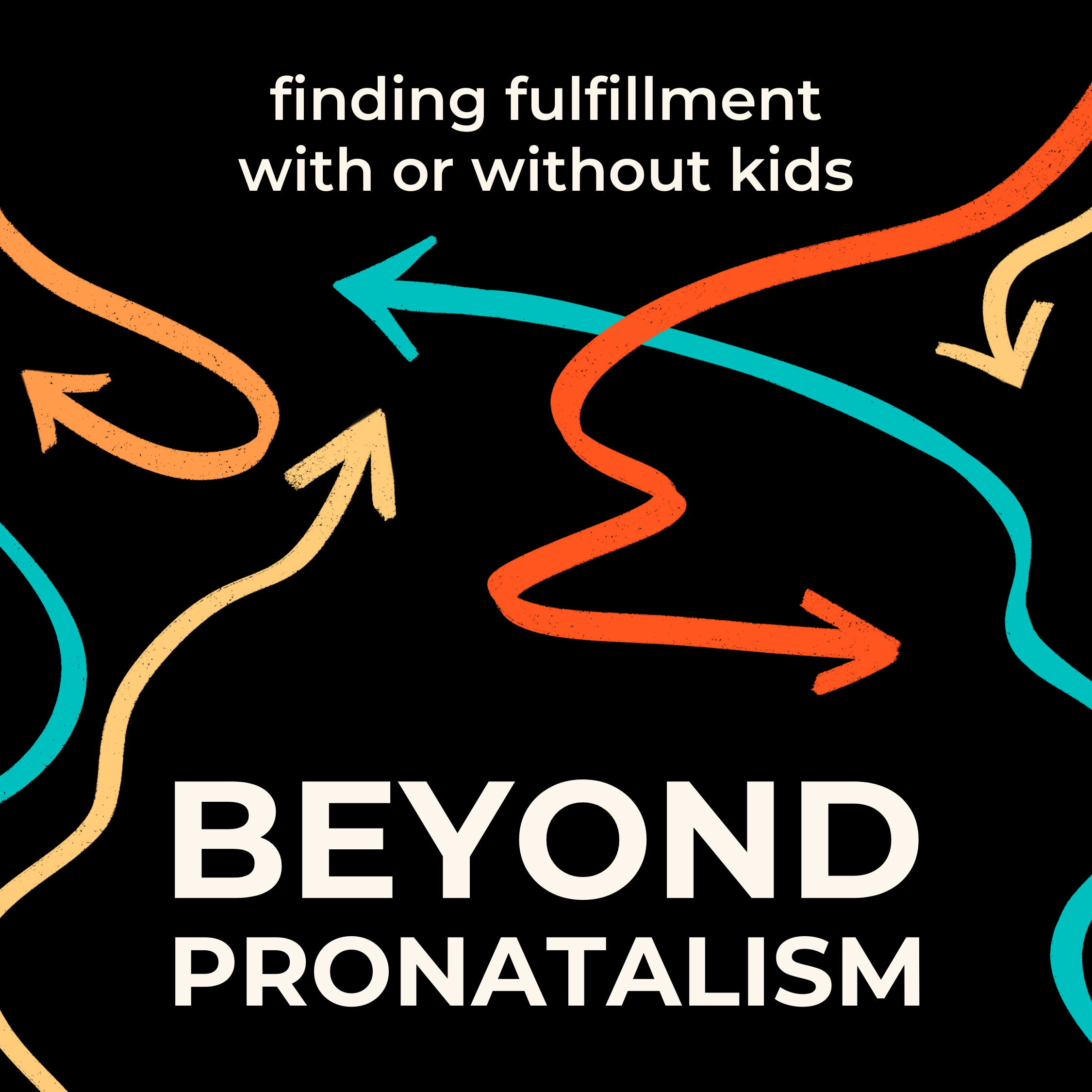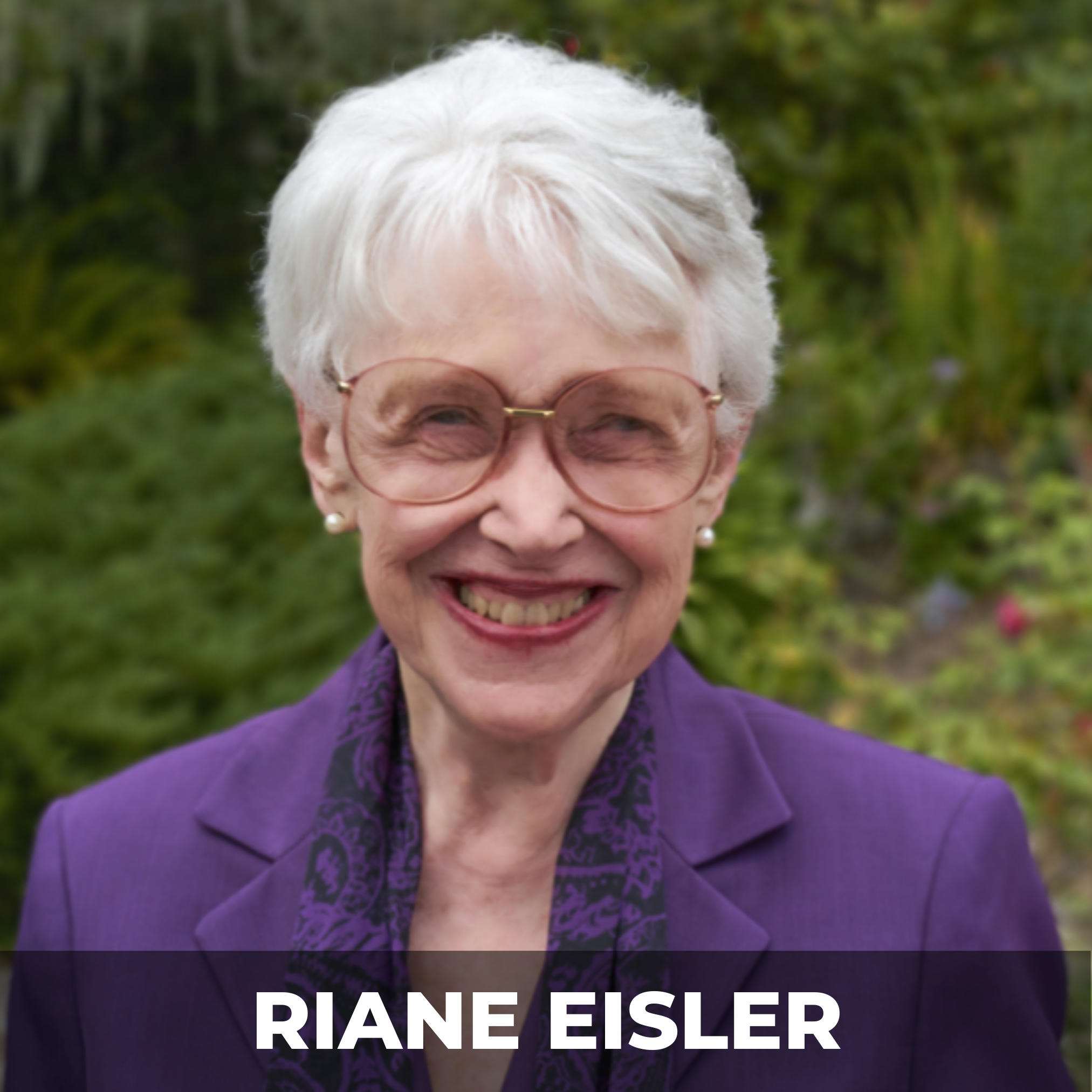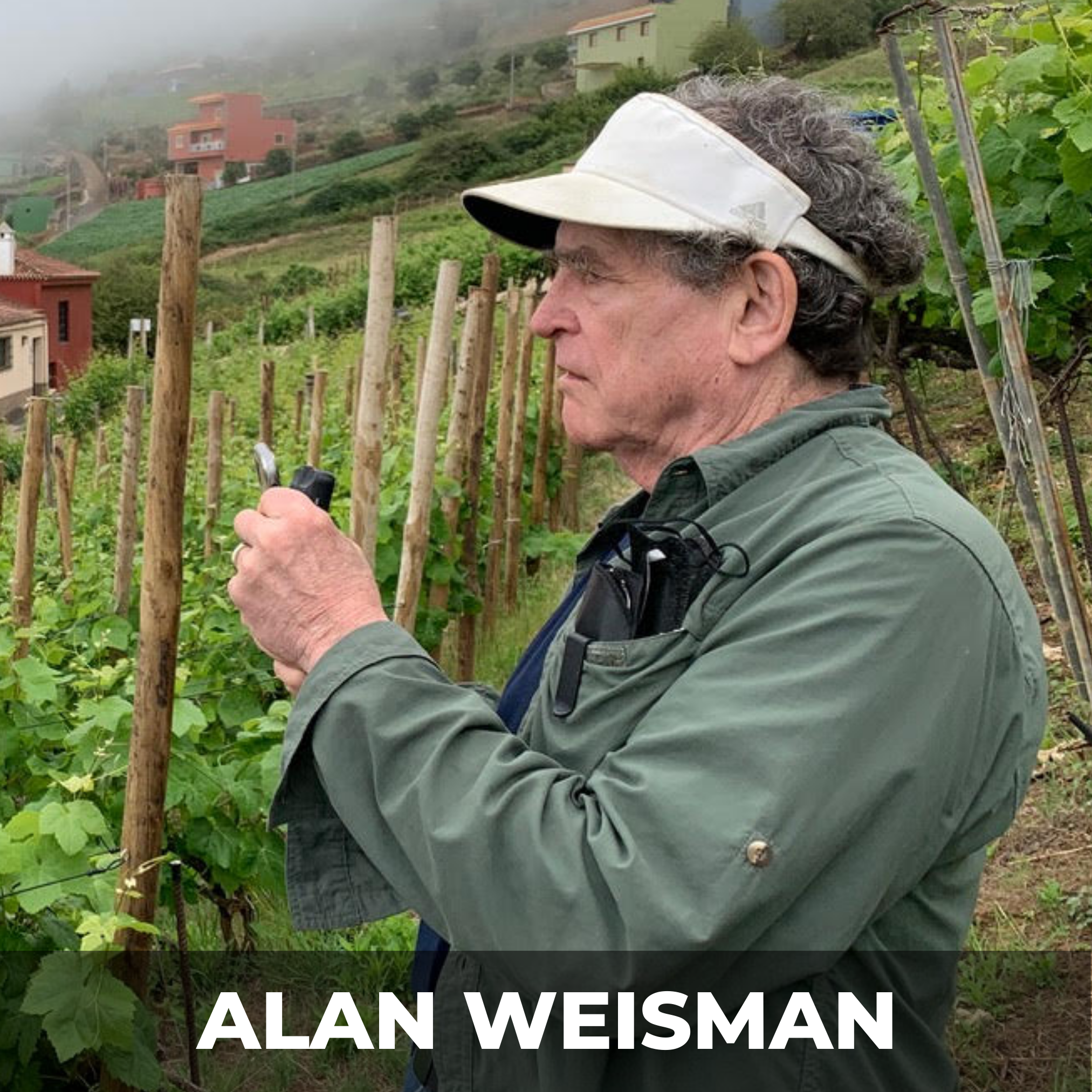Cops, Cabbages, and Condoms
Affectionately known in Thailand as “Mr. Condom,” one of TIME Magazine’s “Asian Heroes,” and the winner of many awards including the United Nations Gold Peace Medal and the Bill and Melinda Gates Award for Global Health, today’s guest Mechai Viravaidya is the founder and chair of the Population and Community Development Association (PDA).
Using creativity, humor, and unassailability in finding partners and allies, Mechai championed the most successful family-planning, AIDS prevention, and poverty reduction programs ever known. With condom-blowing competitions, vasectomy festivals, the Cops and Rubbers program, and condom salads at his Cabbages and Condoms restaurant, Mechai made condoms so cool that condoms in Thailand came to be known as “Mechais.”
Through his innovative efforts, Mechai not only brought prosperity to millions by helping to lower the Thai Total Fertility Rate (TFR) from 7 to under 2, but also was responsible for preventing upwards of 10 million AIDS-related deaths. He now runs some of the world’s most successful social enterprises, including the UN-endorsed Mechai Bamboo Schools, the goal of which is to use schools as a hub for education, community projects, and citizen-engagement.
MENTIONED IN THIS EPISODE:
-
Alan Ware 0:00
What do cops, cab drivers, and cabbages have in common? Ever heard of the Condom King? Get the answers in this episode of the Overpopulation Podcast.
Nandita Bajaj 0:18
Welcome to the Overpopulation Podcast where we tirelessly make overshoot and overpopulation common knowledge. That's the first step in right-sizing the scale of our human footprint so that it is in balance with life on Earth, enabling all species to thrive. I'm Nandita Bajaj, co-host of the podcast and executive director of Population Balance.
Alan Ware 0:39
And I'm Alan Ware, co-host of the podcast and researcher with Population Balance, a nonprofit that collaborates with experts and other organizations to educate about the impacts of human overpopulation and overconsumption on the planet, people, and animals. And before we move on to today's guests, we've got some listener feedback. This letter is from Jack from England. He says, ‘Your podcast has truly opened my eyes and ears to pronatalism and parenthood and had a profound impact on my life. Big thanks from across the pond. I think I have binged on episodes 66, 70 and 71, about five times each. So thanks for offering such a great platform for discussion. The societal pressure to procreate was a bit of an issue for me and I was struggling to navigate these feelings until I found the podcast. With the shocking news from the US these past couple of days, it seems like there's a fair way to go. But hopefully this can become a catalyst for change, and growing awareness of Population Balance.’ And we have a letter here from Victoria, who's in Germany. ‘Hello, I've just discovered your website through the Overpopulation Podcast which I also recently discovered. I have long seen the connection between overpopulation and the destruction of the natural world and wondered why no one openly discussed this. I am thrilled to find that there are a few who do.’
Nandita Bajaj 2:02
Well, thank you for those nice comments Jack and Victoria. If you have feedback or guest recommendations to share, you can write to us using the contact form on our site populationbalance.org or by emailing us at podcast at populationbalance.org. And now on to our guest interview. Affectionately known in Thailand as Mr. Condom, today's guest, Mechai Viravaidya, is the founder and chair of the Population and Community Development Association. Since 1974, he has initiated community-based family planning services, innovative poverty reduction and rural education programs, large scale rural development and environmental programs, as well as groundbreaking HIV/AIDS prevention activities throughout Southeast Asia. To ensure financial sustainability for PDA, sixteen for-profit companies have been established that are affiliated with PDA and are mandated to put funds towards the nonprofit organization. Companies and businesses include the popular Cabbages and Condoms restaurant chain, the Birds and Bees Resort, and a new Cabbages and Condoms Cafe. He has held key positions as Thailand's cabinet spokesman, the minister of the Office of the Prime Minister, a senator as well as chairman of several of Thailand's largest government-owned enterprises. In 2008, the bamboo school was established by the Mechai Viravaidya Foundation to be a lifelong learning center for students as well as other citizens, and hub for social and economic advancement. For his efforts in various development endeavors, Mechai Viravaidya has been acclaimed with numerous awards, recognition, and honorary doctoral degrees, as well as the United Nation's Gold Peace Metal, one of Asia Week's twenty Great Asians, the United Nations Population Award, and one of Time Magazine's Asian Heroes Award. Mechai and PDA have recently been the recipient of the Bill and Melinda Gates Award for Global Health, the Skoll Awardees for Social Entrepreneurship, and the Prince Mahidol Award for Public Health. And now on to our discussion with Mr. Mechai. Welcome to the Overpopulation Podcast, Mr. Mechai Viravaidya. We are so excited to have you here. You are a legend in the field of family planning and sustainable population advocacy. And I'm sure you well know that advocates from all around the world look to you as a shining example for what can be done in the field. Welcome, and thank you so much for joining us today.
Alan Ware 04:50
Welcome.
Nandita Bajaj 04:50
So Mechai, we would like to start with a bit of your background to get to understand what motivated you in this direction. So what was your background as a child and as a young man? And what influence did that background have on the course that you've taken in life?
Mechai Viravaidya 05:12
Well, as a child, I was just an ordinary child with very few toys, because after the war there were very few toys. So I had to make my own toys. So there’s one part of me, I guess, you can say, sort of created out of doing mud into buffaloes rather than buying them. That's the first one. The second one is that both my parents were doctors, and they had a clinic in town, and where they charged the patients, but they also had a room at home for those who could not pay to come and get free service. So I saw this social enterprise approach, whereby you give and you can also take some, and so I learned that, you know, when you water a tree, the grass can also get greener. So that was a lesson. And also in terms of empathy. I was sitting in a car with my mother, I was about seven, eight years old. And we stopped at a traffic light. And there was an old woman walking across with baskets on her back, and then the lights turned green, the car next to us tooted the horn. And my mother said, "It's a shame. That man has money for a car, he should go down and help her because the woman has no car. And she has to work at this old age." So that's the attitude that I was brought up with. Then I went to Australia, thirteen, went to boarding school there, it was a good boarding school called Geelong Grammar, Prince Charles went there, not that it did much for him. I liked the school, that is a boarding school, and I liked the fact that fair play was part of life - that you don't cheat, you move on. And then I was President of the Students Association of Thailand. So I had to go around Australia speaking on Thailand. That's how I learned about the country, what was going on.
Alan Ware 06:54
So what experiences caused you to begin advocating for family planning in Thailand?
Mechai Viravaidya 07:00
Well so when I finished my degree in economics and commerce, came back to Thailand, and was asked to join the Ministry of Commerce. I visited them and I did feel that was what I like. I was asked to join an oil company, very high pay, and that did not appeal because my mother said that we didn't send you there to come and work for an oil company, then work happens and play golf the other half, we want you to do something useful. And so the third one was the National Economic and Social Development Board, which is the planning authority of the whole country. And I knew that I would be able to see my own country. So I applied and got a job there. And I was in the evaluation division. And during that time, I had to travel in many parts of the country, to see the progress of the activities going on via dams, hospitals, roads, there weren't many social activities going on, and report on them. But while out there, I saw children in the villages everywhere. And I wondered, the first one I wondered was that the people have no participation structure in the projects, despite the fact that it's for them. Second was that children everywhere, and I came back and worked with some people in University and felt that seven kids per family was not at all sustainable. Population growth rate of 3.3% would double every twenty-five years, which I said that we have to do something about it. So in a group, we proposed to the Prime Minister, and I was in the office of the Prime Minister, proposed to him and he said, "No, no, go back to your professors and do it again - this five years in a row." And then I realized that university is not a very good ally to change attitude in government. So went to an editor of magazine, who later became Prime Minister, and asked him to chair a meeting, where all the media people were invited for two days. And after they finished, they they spent time writing and organizing activities in the media. And within six months, the government changes attitude. So it just shows that you have to use a different pattern, also.
Alan Ware 09:03
You've been very good at gaining trust of local people in these campaigns and not doing a top-down approach but a very much bottom-up, and you've noted that big issues from corruption to climate change centered around changing people first, what do you mean by that?
Mechai Viravaidya 09:18
I felt that for family planning to work, the average person must understand the concept and ask questions, and they need their contemporaries to work with to us, so that's how I started off the community-based distribution of contraceptives, asking the villagers which person in their village could be the most trusted person to supply you with information, contraceptives, and they said it's the local shopkeeper, and before then I was in the National Economic Development Board. I was also asked to teach at Thammasat University because this has happened because they have short supply of university teachers, so I did that. In addition to that I had a newspaper column every Monday, on developments. I reported on the relevant issues, including population, corruption, and so on. And then I have a radio program six nights a week, nine-thirty.
Nandita Bajaj 10:09
Wow.
Mechai Viravaidya 10:10
And then finally, I acted in a soap opera as the leading actor for three years. But this is in addition to what I was doing. And it's five things. But I think the most relevant part is that it taught me about communications, it taught me how University worked, it taught me how the civil service works, it taught me how the newspaper works, taught me how the radio works, and taught me how the television works. So use the newspaper column for the more intellectually advanced group. And the radio program was for the middle, mostly for the university types, who are still students. And then that soap opera was for the proletariat, so to speak, for everyone else. And they took the best selling book and had a play for six months, two nights every month. So I did that for three years, apart from regular working, so there was no time for anything else. So that's how I learned not so much at university, but by being involved in the area of communications and seeing how people act and react.
Nandita Bajaj 11:10
You founded the Population and Community Development Association in 1974. And its goal from the outset has been to reduce poverty through both development initiatives and family planning programs. PDA has operated with the belief that local people are best suited to shape and sustain their own development. How did that focus on local people and local culture inform your family planning efforts?
Mechai Viravaidya 11:36
Well, I left the government to start family planning, Population and Community Development Association. Not just family planning. We need more than family planning. You know, you have the Planned Parenthood association that tells you it's gonna do one thing. I said, "No, that's why we call it our Population and Community Development Association."
Nandita Bajaj 11:37
Right.
Mechai Viravaidya 11:38
Across the board, we need more than that. So but we started off with family planning, we also realized that we need new allies. So we were able to train 320,000 rural school teachers-
Alan Ware 12:07
Wow.
Mechai Viravaidya 12:08
To be involved in family planning, they could use it in their lessons, thereby can be in geography, in maths. For instance, if a farmer has ten acres of land, and has ten kids, every child has one acre. But with five kids you get more, two kids you get more. So that was very simple. And we came up with a new alphabet. You know, why do we leave, you know, A for apple? B for birds? No, we say, B for birth, C for condoms. I for IUD, V for vasectomy so on. This should have been used. And again, the kids remember. And that's why we attract the kids. And so we also had a family planning song. And the kids sang this family planning songs after the national anthem when they're meeting at school. So everyone, welcomed and worked with us. So in the end, the issue of family planning was accepted. And because we had women who were very happy to have their sterilization, but not the men, they were afraid of going to hospital. So the government asked us, "Can you help to fix that up?" So we found out that they were afraid of going to the hospital.
Nandita Bajaj 13:13
Right.
Mechai Viravaidya 13:14
And so we said, "Well, we'll have to do the vasectomy outside of hospital." So we came up with mobile van, air conditioned, with music for them. And then we went around to all the other distributors, who got the women to convince their husbands and bring that in, and then we had a vasectomy. And sometimes we got them to come to Bangkok. And we showed them all around Bangkok, the Emerald Buddha temple and so on, followed by a vasectomy. We made it fun, interesting. And we also, for the men, we have special vasectomy festivals.
Nandita Bajaj 13:42
Wow.
Mechai Viravaidya 13:44
Experienced on the King's birthday, we had the Father's Day vasectomy, people come and we asked children to bring their fathers for vasectomy and many children did. We also had the Fourth of July vasectomy to help America. Coz America has been helping everyone, we thought we better help America too. And the media from America came out and say, "Why are you doing this? America didn't ask for it." I said, "I'm just doing the same. You've been giving stuff to all sorts of people when they didn't ask for it." So again, we use humor all the way in. It's very difficult to be angry with you when you can laugh. It's that it's a basically we use ordinary approach to it. And it was two-way - you must allow the people to participate. And so when you're helping the people, we also want them to be involved in helping them the project or the process. So that was the general activity in family planning. The number of children came down from seven to under two, population growth rate from 3.3 down to 0.4.
Nandita Bajaj 14:47
Incredible. You also brought in Buddhist monks as allies early in the campaign. Did it take much work convincing these monks?
Mechai Viravaidya 14:57
In the Philippines, the Catholic Church is against family planning. And I didn't know whether Buddhism was against family planning. So I asked the monks who could not answer the questions. So I put some university people to do research into the Buddhist scriptures, we found many, many positive quotations, most being, many births cause suffering, therefore to prevent birth is to prevent suffering. And I made a prayer fan, round one where they sit in front of prayer, and I sent it to all the temple. So when people come to the temple, and for a funeral or whatever it is, man is chanting a prayer, they see the message "Many births cause suffering," And the monks didn't mind, and then the villages, "Look, could you go one step further, please? Would it be alright for you to get the monks to bless the contraceptives with holy water?" I said, "Well, I don't know." So I went to see a monk in Bangkok, and he said yes. So he came to the office, and I was holding a bowl of holy water, and he was sprinkling on all the contraceptives. And this was in a country and all the temples around the villages started doing the same thing. So in other words, we got not only the answer that Buddhism was not against it, was for, and we used it.
Nandita Bajaj 16:10
Right.
Mechai Viravaidya 16:10
And we also went to see the Supreme Patriarch, which is, I guess, the equivalent to the Pope in Rome, but for Buddhism, and asked him to sign a photo of himself to be sent to the country. And he said, "We wish the community-based family planning services much success in that." So then that became very clearly a support from the Supreme Patriarch, and religion as a whole.
Nandita Bajaj 16:34
You've used some really creative strategies to destigmatize the use of condoms in Thailand. You used condoms in water balloon blowing competitions, you enlisted taxi drivers in handing out condoms, you even got police to hand out condoms. And that became known as Cops and Rubbers. You in fact, came to be known as the Condom King of Thailand. And condoms became known as Mechais. You were able to use humor in a family planning campaign, to a degree that no one had ever done before. What sparked the creativity and humor that you used in these condom campaigns?
Mechai Viravaidya 17:18
We have for five years trained 320,000 school teachers and kids for blowing condoms in school, it really raises the use in condoms and so on. So it became a very natural thing. We even have blowing condoms in temples and in mosques. So you know, we showed respect, but we went ahead. So those were the things we did. And the other one is that I did not argue with people. In the beginning, we have some diamond fingered ladies who are the upper part of society who think that they think for society, and they said, "Mechai, you're corrupting the youth by doing all of this."
Nandita Bajaj 17:52
Right.
Mechai Viravaidya 17:53
And I said, "Look, I don't think so. Please advise me." So I went to them and taught them to feel that they're the boss. And I went back and did exactly the same thing, and they didn't do anything to it. So the whole idea is don't clash - join, apologize, and continue doing it. In traffic we follow our Cops and Rubbers program.
Nandita Bajaj 18:10
Right. Didn't you also have a restaurant or do you still have that restaurant?
Mechai Viravaidya 18:15
Yes, Cabbages and Condoms, where you come and you see condoms all over - decorations and you have even a condom salad. Some people come down say, "I have a friend, could you put in some real condoms just for this evening?" So it became a relaxed part.
Nandita Bajaj 18:32
Yeah.
Mechai Viravaidya 18:32
So people from around the world came, they couldn't believe their eyes. Took pictures, sent to their friends. So it became a very well known restaurant and all put their money as a social enterprise.
Nandita Bajaj 18:42
Right. I mean, what an incredible idea to use humor to destigmatize the use of contraceptives. Because around the world, there is still so much stigma around talking about sex and contraception and family planning, because it's seen as such a private affair. But what was surprising to us was the uptake in contraceptives and condom use was just as high for the least educated citizens in Thailand, as it was for the more educated one. Did you find that it was just because the norms were shifting and it was just easier for people to talk about it even if they didn't go through school?
Mechai Viravaidya 19:29
Well people have known me, watched the soap opera, must be for three years. Leading actor, very nice person always.
Nandita Bajaj 19:40
That helps!
Mechai Viravaidya 19:41
The role in the television helped. So they knew me. There was no unknown quality about me. That was why they felt relaxed about it. And I didn't argue with anybody.
Alan Ware 19:52
Yeah, that's amazing. You're, all your experience in those institutions and media, university, newspaper, TV. And then you were able to work laterally with school teachers and village people. That's quite a unique combination of abilities that you developed. Can you give us some idea of the AIDS problem in Thailand at the beginning and how you went about addressing that?
Mechai Viravaidya 20:18
When AIDS came along, what we have done in family planning was used to push this. And I got some money from Rockefeller to print at cost video tapes and so on. And cassette tapes, radio. Went to see the minister in charge of broadcasting who said, "No, it would ruin tourism."
Nandita Bajaj 20:35
Oh, wow.
Mechai Viravaidya 20:36
So obviously, our philosophy was take no as a question, never no an answer. And see outside the box, not only the box, think outside the fence as well, and make sure you're sustainable. So I went to see the Commander in Chief of the army, he is far more powerful than the Minister of Broadcasting. And I said to him, "Here's the situation of the HIV infection in Thailand, your soldiers are being infected. Men of age nineteen to twenty-one, which is military recruitment age, is being infected all over 40% in certain parts of the country. We will continue to expand it, because nobody understood it. We need the help. We need to create understanding, because there is no cure." And he was quite taken aback. And he said, "Okay, what can I do to help?" I said, "I'd like to wire three hundred radio stations, and two television networks, and they provided the software, funded by Rockefeller, it's probably the best money they've ever spent on all radio stations. It went into Laos and Cambodia also. So people who heard about it the first time, and soon after that, we had a new Prime Minister, and he asked me to join his cabinet. And I was the architect. And I asked him to be the chairman of National AIDS Committee. This is total war. Minister of Health was never strong enough. So I became the deputy, and the Minister of Health is the other deputy. And so we worked along together, and public information was removed from the Ministry of Health, and given to the Public Relations Department of the Office of Prime Minister. It really shocked them. These health people have never been very strong at getting the message across. That's why we have so many sick people.
Nandita Bajaj 22:05
Right. And so your communications strategy that you learned from all of these extracurricular activities, is really what ended up helping in the end.
Mechai Viravaidya 22:14
We went further there, for instance, we had policeman I already told you, we trained the teachers again. But we also went to the university and ask the university students to join. We train them and ask them to go back to their old school and train their younger brothers and sisters, and the upper high school train the junior high school, and a junior high school train the primary school kids. And one day, at the end of it all, every single primary school student has a packet of AIDS information and condoms as they game out to every household, every household in the whole country. So we said it was total war, and we have to act it.
Nandita Bajaj 22:53
Yeah.
Mechai Viravaidya 22:53
And there was an increase of fifty-fold to the budget of AIDS that was given to all the Ministries, even the judges have to be trained, because when they're in court, they have to mention something about AIDS. Because to save life. So that was what happened, also. And so the university was very, very helpful. And the students from university went out and taught this in the schools. Some parents said to me, "Mechai, you're doing this, you're corrupting the youth." Let me give you an example. When your child is about twenty-two, there will be two possible events. And both of them have flowers. One is at the graduation of your child with the university. Second is at the funeral of your child, there's also flowers, you choose.
Nandita Bajaj 23:38
That's powerful.
Mechai Viravaidya 23:38
And there was no cure.
Nandita Bajaj 23:39
Yeah.
Alan Ware 23:40
Right.
Mechai Viravaidya 23:41
And we then had in family planning - sorry, let me jump back. In the villages that you know, we came up with a slogan "Many Children Make You Poor." When they had few children, they say, "Mechai it doesn't make us rich either." So we need to do development. So I got some money and started off the village microcredit plan. We call it the Non-Pregnancy Agricultural Credit. And the villagers said that only women who were not pregnant can borrow because we don't have enough money for everyone.
Nandita Bajaj 24:09
Oh, wow.
Mechai Viravaidya 24:11
And you borrow, you can raise two pigs at a time, twice a year. Or if you are not pregnant for two years, you get three pigs to raise at a time - six pigs. And you do it in three years, four years, you have eight pigs, and then we form a cooperative for you. So in other words, it went on from family planning to that. And then then I microcredit expanded into what we call the Village Development Bank, which is a microcredit operated by villages.
Nandita Bajaj 24:39
And were you trying to encourage birth spacing when you said if you don't-
Mechai Viravaidya 24:44
Oh yes, yes. We ask them, "Are you done having all the children you have?" No - they'll say, "What are we going to do? We don't know what to do."
Nandita Bajaj 24:51
Yeah.
Mechai Viravaidya 24:51
"I have a method, a pill that can space your child just like your coconut trees." We didn't tell them to stop. What happened was that maternal/child health was improved, so that survival of the child was strong. So if you have very low survival of the child, forget about family planning.
Nandita Bajaj 25:11
Yeah.
Mechai Viravaidya 25:11
That would be Maternal Child Health Program, so that went parallel, and so then they realized that the children that they have will survive, so you don't have to have eight people. Like for instance, my father's family, he had eight brothers and sisters - five died, only three left. But today, thats not the case. So that helped us a lot.
Nandita Bajaj 25:33
And even with your AIDS advocacy work, your efforts were so successful that the World Bank estimated that there were over seven million additional HIV cases that were prevented from happening?
Mechai Viravaidya 25:47
And the UNAIDS said that there was, during the twelve years beginning in 1990, twelve years since, many governments, the number of new infections fell by 90%, nine-zero percent. That was UNAIDS, and then the World Bank said that they had done it, and it was numbered at 7.7 million. And the last few years, they had said the number had reached ten million.
Nandita Bajaj 26:11
Wow.
Mechai Viravaidya 26:11
Imagine - had we taken advice of the minister, what would happen?
Nandita Bajaj 26:16
Right.
Mechai Viravaidya 26:17
So in other words, you don't have to fight people. You don't have to agree with the wrong decision, but find new partners.
Nandita Bajaj 26:24
Yeah, such a great strategy. Did you find that your efforts were replicated in other communities or countries?
Mechai Viravaidya 26:33
A lot of countries came and asked. I don't know how much they did after they have training here.
Nandita Bajaj 26:39
Yes.
Mechai Viravaidya 26:39
We had trained about twenty-four countries in both family planning and HIV infection, and development. And what we also did after the family planning campaign, we also introduced the social enterprise for NGOs to also have a business arm, thereby we have two types of business arms. One is where it's maximization of profit - we work with those who have lots of cash. And the other one is optimization - we work with those who have little cash, poor. And so we use the maximization profits, like our restaurant, to help fund activities in the villages. We also helped set up in partnership with companies. So the next one was reducing poverty by partnering with the companies. The government doesn't know how to make money, they only know how to take money. So if you get put in government is guaranteed failure. So I went to the business sector who know how to make money, who have spare money, and ask them to join in to partner with a poor village. So we had lots of them joining in, and any money that was to be spent was to be spent on building up a microcredit loan fund to be sustainable. So for every $3, they planted a tree. So it wasn't that the villagers took it for granted. They also contributed the trees. And so from the giver, the company, you have the tree, and then you have the microcredit loan fund, and it's still going on, the trees are still alive today. Microcredit loan fund is still going on today. So the companies found that the giver felt good about it, because it's just not going out. Because people who are in the business, like to see money grow.
Nandita Bajaj 28:17
Yes, right.
Mechai Viravaidya 28:17
They don't see money disappear, like when you give it to the Red Cross. So that was was an important one. So we got in each village, we have the village bank operated by gender specific half women, at least, to be on the committee to do all the lending. And then those are still going on today. Some have grown a lot. And so the social enterprise helps the villages to borrow money to earn a business and to grow.
Nandita Bajaj 28:47
As if your family planning and AIDS successes weren't enough. You then went on to create a major educational innovation program with your Mechai Bamboo School. Could you describe what those schools are? And what motivated you to start them?
Mechai Viravaidya 29:03
Well, we decided that education was now the final one because you've got to stop the births, stop the deaths, try to stop the poverty. But for it to really work is to go to the school and use the school as a platform for social economic advancement in villages surrounding the school.
Nandita Bajaj 29:22
Right.
Mechai Viravaidya 29:22
And that's what we've done. And the United Nations said that this is one of the most creative, innovative schools in the whole world. The kids get to operate the school. We have a student government, they do all the buying - everything. From food to vehicles, they have other students interview incoming students. They also interviewed applying teachers, and they also evaluate the teachers.
Alan Ware 29:47
Yeah, that's amazing. How do you go about creating young people who are so competent?
Mechai Viravaidya 29:52
We train them, we let them see what's good, what's wrong, what's right.
Alan Ware 29:55
Yeah.
Mechai Viravaidya 29:56
We now have twelve years of it, and many have gone ahead and done extremely well. So when they apply to university people notice and they're very, very mature. And people all say they're very polite, and they're always on time, they work hard. And we at school, we have a bridge, which is over a small canal. And opposite the clubhouse. Whenever they walk by, they must say, good morning, or good afternoon, or good evening. It's called that sort of welcome bridge. So that if they meet you five times a day, it's five, good mornings and good afternoons. So it's not just once, it's continuous.
Nandita Bajaj 30:34
Yeah.
Mechai Viravaidya 30:35
You the pay the school fees in community service and tree planting.
Nandita Bajaj 30:38
Oh wow.
Mechai Viravaidya 30:38
Because we want to raise the level of goodness at the world money is everything. We want to raise the level of goodness, so that people can see one of the desires in life should also to do good.
Nandita Bajaj 30:52
Right.
Mechai Viravaidya 30:52
Also sit in wheelchairs one day a month, everyone. To learn about the life of people in a wheelchair and to see what wheelchair life in other countries are, and they're shocked that in Thailand it's miserable. You can't get a job. So they said, "Look, we have agriculture, we now have wheelchair. So let's come up with wheelchair agriculture." So they created a cement ring that's used for for toilets, and then raise the ground and then sit in a wheelchair, and you can do your vegetable from a wheelchair. So that's not from the UN, but from a tenth grade student.
Alan Ware 31:25
Oh, woah.
Mechai Viravaidya 31:25
And so that will be going on for all the schools. We also get the deaf to come and teach us sign language. There are 400,000 Thais to whom we cannot speak. It's not good.
Nandita Bajaj 31:25
Right.
Mechai Viravaidya 31:25
So come on, we want to learn. So they come, they teach us first and then we teach them what they want. We teach them swimming, agriculture. And now we've helped these students to have a farm to have loan funds to do agriculture. They're making money and they've finished grade twelve. They can grow vegetables at home. And now I'm doing also tissue culture laboratory with them so that this can be more sophisticated. And the other one that is interesting is that these deaf students and wheelchair-bound students are training elderly people to grow vegetables, so it's income security, and food security for the elderly, by students, including children who have difficulties in hearing and in walking.
Alan Ware 32:21
Wow.
Mechai Viravaidya 32:22
We turn it around - these people usually get given help. No, we get them to do the helping, you know to try and turn around.
Alan Ware 32:29
Right. And do your students come back to you and thank you for the kindness and caring that you helped instill in them like the wheelchair and skipping a meal. Don't they skip a meal every week?
Mechai Viravaidya 32:42
Yeah, that's right, we limit the telephone use to one hour per week.
Alan Ware 32:46
That's impressive.
Mechai Viravaidya 32:49
Because the telephone use, my guess, is for fun, not for education. Even France now has outlawed mobile telephones in school. But anyway, and then to learn about hunger, you cannot learn from a book, you cannot learn from a video, you have to learn from being hungry. So on a Saturday evening, after you've had your mobile telephone, you will not eat and then realize that this is how people who are hungry feel so we must try to do everything we can not to make them hungry.
Nandita Bajaj 33:18
Right.
Alan Ware 33:18
Yeah, it's such an impressive - the empathy, the kindness, combined with the decision-making democratic, being a citizen of the school and making all these responsibilities-
Mechai Viravaidya 33:29
Every Wednesday they go out to the villages. We have sixteen villages surrounding the school. At the moment, the main one is to help food security and income security for the elderly, and they're working in partnership with grandchildren, so that the grandchildren will eventually maybe, when they finish school, to wish to stay home. At the moment we have six million kids whom I call temporary orphans, their parents in town because they finished school, they didn't have any skills at all, so they went to sell their labor in the factory in town. And then before long they send their children, the babies, home to grandparents. But that's not the best way to raise a child.
Nandita Bajaj 34:08
Right.
Mechai Viravaidya 34:09
And to me, I say it's an avoidance of human rights. It's an abuse of human rights of the woman to be a mother. So that's another angle that we have to do. And it will stop the migration so that we're putting a lot of very good agriculture and other activities into the villages, starting the school. So now we're working with about two hundred schools.
Alan Ware 34:32
Really?
Mechai Viravaidya 34:32
They come to us and we send to the private sector to get money and doing it because the school partnership project where we train the teachers, put in a farm, a loan fund for the students, loan fund for parents. We must get the student, the school, to help parents out of poverty, not put them into poverty.
Alan Ware 34:50
Right. Yeah, the Prime Minister in 2017 urged all schools in Thailand should emulate the Mechai Bamboo Schools, right?
Mechai Viravaidya 34:58
Yeah, they the standard, and they like it. And now the senate has asked us to expand more. We can't find the money of course, because that's the state.
Alan Ware 35:04
Wow.
Mechai Viravaidya 35:06
Nan Province in Chengwat in the North - five-hundred and thirty schools - they have signed an agreement, the whole province will do it. Otherwise-
Nandita Bajaj 35:14
Right.
Mechai Viravaidya 35:17
They're coming ahead. Now I'm sitting with the senate to get them to influence the state enterprises, with them to give some money out of their profits towards this project.
Alan Ware 35:27
Oh that's amazing.
Nandita Bajaj 35:28
Yeah!
Alan Ware 35:29
Yeah, the division between school and community is so unnecessary. And-
Mechai Viravaidya 35:34
Yeah, now the school becomes a part of the community.
Alan Ware 35:37
Right.
Mechai Viravaidya 35:38
And many of the villagers said they will never thought that the school could mean so much to us.
Nandita Bajaj 35:44
Right.
Mechai Viravaidya 35:44
We have an evaluation network that we borrow from Professor Cantril, Self-Anchoring Striving Scale, and we go to the bamboo ladder. We use it to evaluate.
Nandita Bajaj 35:56
And you said that the school is heavily involved with promoting the UN's SDGs. You've noted, the SDGs have a major omission in not including the need for family planning. We wholeheartedly agree with that. Have you had any conversations with the people at the UN or other organizations about this?
Mechai Viravaidya 36:17
You know, we're doing it already.
Nandita Bajaj 36:19
Yeah.
Mechai Viravaidya 36:19
Before even the UN had SDG.
Nandita Bajaj 36:21
Right, right.
Mechai Viravaidya 36:21
And then when they said, "Ah."
Nandita Bajaj 36:23
Yes.
Mechai Viravaidya 36:23
And so they celebrated UN Day at our school.
Nandita Bajaj 36:24
What an honor.
Mechai Viravaidya 36:26
Asked to bring sixteen schools in to sign an agreement, they called the compact between UN and sixteen schools. I didn't get the director of the school, but the students to sign the agreement with the UN. And so now we're going on with that. But we say that seventeen is not enough. So we need four more.
Nandita Bajaj 36:47
Yeah.
Mechai Viravaidya 36:47
In Thailand we added - one, no corruption. Since through corruption, money is not going to get down there. Two, that sense of sharing. So that if people who have, have to share by knowledge, or money. The third - rule of law. They must obey the rules, obey the law. And the final one is that family security, family welfare, and family planning. You have to help your family. Forget about the government, the government can support, but not much. So you have to be the main one. Otherwise, we sit back and say, "It's the government's job."
Alan Ware 37:20
Well, you would love to see more of these bamboo schools in countries like Canada and the US.
Mechai Viravaidya 37:26
You know, people in education area from Canada can come out. You can also send some students to spend a bit of time with us. No problem. Yeah, or even volunteers, no problem. We will provide food, accommodation. And they will see what education at the peripheral area can be.
Alan Ware 37:44
Right.
Mechai Viravaidya 37:45
For instance, one school in America, the kids came, and the parents, and they went back and they convinced the school board, that when they're recruiting teachers, they get some students to sit with them to also ask questions. Why not?
Nandita Bajaj 38:00
Yeah.
Mechai Viravaidya 38:00
I'm trying to get every government department and every company to have a Youth Advisory Committee. Get tomorrow's leaders to start giving ideas today, rather than listening to old people's ideas.
Nandita Bajaj 38:12
Yeah.
Alan Ware 38:13
Right.
Mechai Viravaidya 38:13
Young people - every government department needs them.
Alan Ware 38:16
Yeah, young people don't get taken seriously. And then they respond accordingly. They're not taking on responsibility, because they're not trusted with it. And you have a great history of trusting people at all levels of society and ages and occupations to take matters into their own hands, make decisions for themselves.
Mechai Viravaidya 38:38
In the end, and when people outside say, so for instance, when they interview for university, they also interview the lecturers at the interview that if I'm to spend four years at this university, I need to find out more about the university and more about the professors and lecturers at that university.
Nandita Bajaj 38:56
Yeah.
Alan Ware 38:58
And environmentally, you've been well, planting trees, right, as part of what the kids do for their tuition?
Mechai Viravaidya 39:05
The family together must do eight hundred hours a year, and plant eight hundred trees.
Alan Ware 39:11
Wow.
Mechai Viravaidya 39:11
So in other words, by the time they finish from grade seven to grade twelve, they have five thousand trees planted.
Nandita Bajaj 39:18
And you said that's in lieu of a tuition, right? They don't pay a fee, but they do community service.
Mechai Viravaidya 39:25
That's the school fees, by doing good.
Nandita Bajaj 39:28
What a model.
Mechai Viravaidya 39:29
Because other schools, the school fees you pay - that doesn't do any good to society.
Alan Ware 39:34
And what are the major environmental problems in Thailand would you say?
Mechai Viravaidya 39:38
Oh yeah, well, you know, Thailand, has, in early days, cut down the forests, the trees-
Alan Ware 39:44
Okay.
Mechai Viravaidya 39:44
And Bangkok, and now they're much more aware of it.
Alan Ware 39:47
Okay.
Mechai Viravaidya 39:48
So the burning of the rice fields after harvest is being reduced very severely.
Alan Ware 39:54
These trees are much needed, the trees they're planting-
Mechai Viravaidya 39:57
And that's why we get people to plant trees. And in many schools we hope to get a child to plant one for every birthday in the family.
Alan Ware 40:04
Ah, okay. And I noticed your agriculture - you do it with limited land or they're doing it in pots it looks like? Small pots?
Mechai Viravaidya 40:12
We used to create our land. Use little water. Little land and little labor is very good for elderly people.
Alan Ware 40:20
Yeah, right.
Mechai Viravaidya 40:21
If you're growing rice, you get five baht per square meter of income, which is - five baht is twenty-five cents US.
Alan Ware 40:30
Okay. Per square meter.
Mechai Viravaidya 40:31
Whenever you do beansprouts, you get 20,000 baht per square meter a year. 20,000 baht.
Nandita Bajaj 40:39
Wow.
Alan Ware 40:39
Nice.
Mechai Viravaidya 40:40
So in other words we should get them to understand that when you're growing something you use arithmetic in school, how much per square meter?
Alan Ware 40:47
Right.
Mechai Viravaidya 40:49
Growing this vegetable, this vegetable, this one. Think before you plan rather than planning.
Alan Ware 40:54
Yeah, the science and math that the students can apply. Yeah. And benefiting the community-
Mechai Viravaidya 41:01
We ought to make the lessons more interesting, because I was always very bored with dull teachers. So I said, "Well, let's make it more interesting."
Alan Ware 41:09
Yeah.
Nandita Bajaj 41:10
And you said the students also work with the elderly, in the schools in this kind of symbiotic relationship.
Mechai Viravaidya 41:16
We bring the elderly in, use the school as their clubhouse-
Nandita Bajaj 41:20
Okay.
Mechai Viravaidya 41:20
As their country club. So they come in once a week, they get to see what we do, we've trained them and so on. And they can sit in class if they want to just spend the day there. And we have a van, a big van that picks them up in one area at a time.
Nandita Bajaj 41:36
Are the students still at the school when the elderly people come?
Mechai Viravaidya 41:41
Yeah, sometimes sit in class with the students and teach them agriculture after 2:30 pm. They can come in the afternoon or they come in the morning. And they can get to see - most of them don't know how school works - modern school.
Nandita Bajaj 41:56
And I wanted to go back to your the family planning program in Thailand. You had such great success in bringing the population growth rate down from you said 3.3% to 0.4%. What is the situation with the family planning in Thailand now?
Mechai Viravaidya 42:13
Well, now it's mostly to do with disease and early pregnancy prevention.
Nandita Bajaj 42:19
Yes.
Mechai Viravaidya 42:19
Most people are aware of family planning, they know of contraceptives.
Nandita Bajaj 42:23
Yeah. And they are using it well?
Mechai Viravaidya 42:27
That's why we are population are so low.
Nandita Bajaj 42:30
Yeah.
Mechai Viravaidya 42:30
It's not from praying.
Nandita Bajaj 42:32
Right!
Mechai Viravaidya 42:35
And now they say blame me for having created so many elderly people and don't have enough in the workforce.
Nandita Bajaj 42:42
Right.
Mechai Viravaidya 42:42
It's a mistake there. What you have done is mistakenly mark age sixty as retirement. No, don't retire, don't insult people. Let them continue working. That's how we get the elderly to grow vegetables for the income. So they return to the workforce.
Nandita Bajaj 42:59
Yes.
Mechai Viravaidya 42:59
And then the biggest, out of fifteen million who are sixty and above, you have ten more million added to the workforce.
Nandita Bajaj 43:07
Right.
Mechai Viravaidya 43:08
You have the budget, the Ministry of Education in billions and billions for school lunches, and we've asked the school now to buy the vegetables from the elderly. So we don't need a new budget. The budget is over there. Just don't buy all it from the merchant, buy it from the elderly. So that's now being pushed by the senate also.
Alan Ware 43:28
Wow that's great. Do you get much politicians and economists worried about population decline and that we have to increase our birth rates? And do you hear much about that?
Mechai Viravaidya 43:39
I tell them that they said, "Oh, some people say we must get, encourage people to have more children." I say, "In no country in the world has it worked that people are having babies for the government."
Nandita Bajaj 43:51
Right.
Mechai Viravaidya 43:52
We have migrants, give them citizenship! Young people, give them citizenship! Thailand's made up of all sorts of people already.
Nandita Bajaj 43:59
Yes.
Mechai Viravaidya 44:00
So you don't have such a large number of people who are elderly. Just don't count at sixty, count at seventy.
Nandita Bajaj 44:08
Yeah. And do you think they might adopt a program like yours?
Mechai Viravaidya 44:14
Oh, I believe so. Because the senate is taken up very seriously.
Nandita Bajaj 44:17
Oh, great.
Mechai Viravaidya 44:18
I'm going to push for it, because we have the budget already. Billions and billions for school lunches. We have 32,000 school. We have three-hundred and twenty billion.
Nandita Bajaj 44:29
Yeah.
Mechai Viravaidya 44:30
For school lunch, so just use it to buy some of it from the elderly. You've solved the problem.
Nandita Bajaj 44:35
Yeah.
Mechai Viravaidya 44:36
It's not done by the Ministry of Social Welfare, but done by the Ministry of Education. So I'm trying to ask every government department and organization whatever you want to do, please do it through the school.
Nandita Bajaj 44:48
Yes.
Mechai Viravaidya 44:49
The school has building, has land, has water, electricity, has teachers, has community. And they'll be your partners. No better partner.
Nandita Bajaj 44:58
Yeah.
Alan Ware 44:59
You've achieved so much in so many different areas of your life over the last fifty, sixty years. It's incredible. And we just wonder what keeps you inspired and energized and going all these years?
Mechai Viravaidya 45:12
I enjoy what I do. You know, some people who are addicted to drugs. I guess I'm addicted to work and making change. I enjoy it. I never use the word people say. "You must feel proud." I say, "No, I'm just delighted it didn't fail." So I enjoy doing this and will keep on going.
Alan Ware 45:33
Well, that's amazing. And thank you from all of us in the world. You've done so much good for so many.
Mechai Viravaidya 45:40
Thank you. Well, come out, come out. Come on, we can sit down and do things and ask questions. You can bring people from certain countries who are interested.
Alan Ware 45:49
Yeah.
Mechai Viravaidya 45:50
And go through it.
Nandita Bajaj 45:51
That sounds like a good start.
Alan Ware 45:52
That would be wonderful.
Nandita Bajaj 45:53
We cannot thank you enough for joining us today. We are so grateful that you took the time. Thank you very much, Mechai.
Mechai Viravaidya 46:01
Thank you very much indeed. To both of you.
Alan Ware 46:02
Incredible. Well, that's it for this edition of the Overpopulation Podcast. Visit population balance.org to learn more, and to share feedback or guest recommendations write to us using the contact form on our site, or by emailing us at podcast@population balance.org. You might also be interested in joining our virtual podcast club which meets monthly on Saturday over Zoom to discuss the ideas in a previous podcast episode. Learn more by visiting our website and if you feel inspired by our work, please consider supporting us using the donate button.
Nandita Bajaj: Until next time I’m Nandita Bajaj thanking you for your interest in our work and your efforts in sustaining our beautiful life-giving planet.


